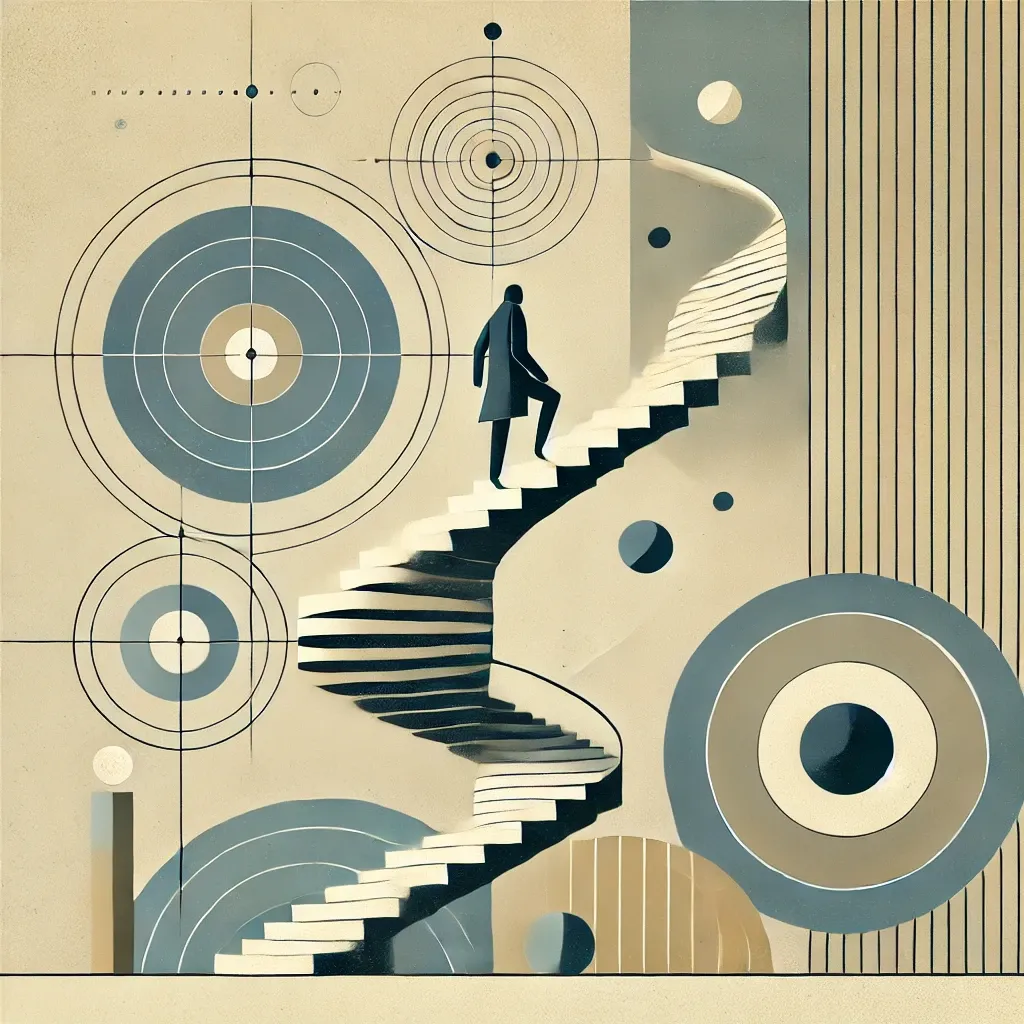Let’s be honest.
Meetings are the bane of many of our careers.
That said, meetings are (sometimes) crucial.
As a wise man once said, everyone in a company has a piece of the puzzle that nobody else has. The only way to piece that puzzle together? Meetings.
And sure…
While normal meetings suck the life out of everyone, meetings done right leave the whole team energized, making you look good as a result.
So…
How do you run a great meeting?
Here’s a few of my strategies I’ve learned over the years — that are a little different to your usual advice:
📍 Location, location, location
If you can, match the location to the goal.
Want high-powered decisions made? Hold the meeting in a corporate board room. Want more creativity and brain-storming? Why not book out an artsy cafe?
The rule’s simple:
If you want inspiration, book somewhere inspiring.

Oh, and also…
👣 Walk!
Steve Jobs loved walking meetings, and Nietzche didn’t trust any idea that didn’t come on his feet. If it’s a 1-1 (or more people and you can swing it), try going for a walk instead.

📋 Set an agenda
At minimum, send everyone who’s attending an agenda, preferably a day or two beforehand.
What should be in it?
Simple:
The problem you’re bringing people together to solve.
But Rohan, what if there is no problem? Well, unless it’s for status updates, you don’t need a meeting!
To take your agendas up a notch, create a Google doc and attach it to the meeting link in Google Calendar. If the meeting is recurring, use the same file, making it easy to look back on previous meeting notes.
For bonus points:
Send must-read material along with it, preferably with a summary from ChatGPT.

🎯 Know your desired outcome before you walk in the room
Most meetings fail before they even start.
Why?
Because nobody knows what they're actually trying to accomplish.
"We need to discuss the marketing strategy" isn't a goal - that's just an excuse to get people in a room and talk in circles.
Try this instead: "By the end of this meeting, we need to decide whether to increase the Facebook ad budget by 30% or shift that money to LinkedIn."
Specific.
When everyone knows exactly what decision needs to be made, the entire conversation becomes more focused.
For bonus points: Share your desired outcome in the agenda. Watch how much more productive the discussion becomes when everyone knows what finish line you're racing toward.
🥪 Make a meeting sandwich
Bad meetings are a result of winging it.
Good meetings are a result of structure.
Here’s how I like to sandwich my meetings to make them run smoothly:
- Start with everyone’s quick wins to build momentum.
- Have the meaty discussion about the problem in the middle.
- Close with clear action items.

Oh, and before you set your meeting…
👨⚖️ Heed the Hungry Judge effect
Imagine it:
You’ve just finished a year in prison, and you’re going before a parole board who’ll decide whether to release you or not.
Q:
What time do you want your parole meeting?
“What’s that got to do with it?” you ask.
Well, as it turns out, a lot. Because as one study found, if your hearing’s booked at the start of a session, your chances of being released are 65%, but right before a meal break? 0%.
Why?
So the author says, when judges are fresh, they’ve got more mental energy to understand the subtleties of your case. When judges are hungry, not so. (Making them pick the easier option - stay in prison).
Now..
I’m not sure if that’s 100% true..
(The study does have critics)
But here’s what I do know:
If you want snappy decisions, book your meeting right before lunch when people don’t wanna hang around. If you want a more relaxed vibe for leisurely discussion, mid-morning or after lunch is better.

And finally..
⏳ Follow Parkinson’s Law
True story:
A meeting’s slated for an hour, with 2 things to be discussed:
1) A multi-million dollar software expenditure.
2) A hole in the parking lot pavement.
Because no-one knew the ins and outs of the software, they listened to the experts and the decision was done in 5 minutes. Because everyone had an opinion about the parking lot, you can guess where the other 55 minutes went.
My take?
It’s Parkinson’s law:
Meetings fill the time allotted to them.
So, want a quick meeting? Just allot less time to it.
Personally, if TED Talks are 20 mins because that’s how long most of us can pay attention, a meeting much longer than that, imo, is pushing it.


